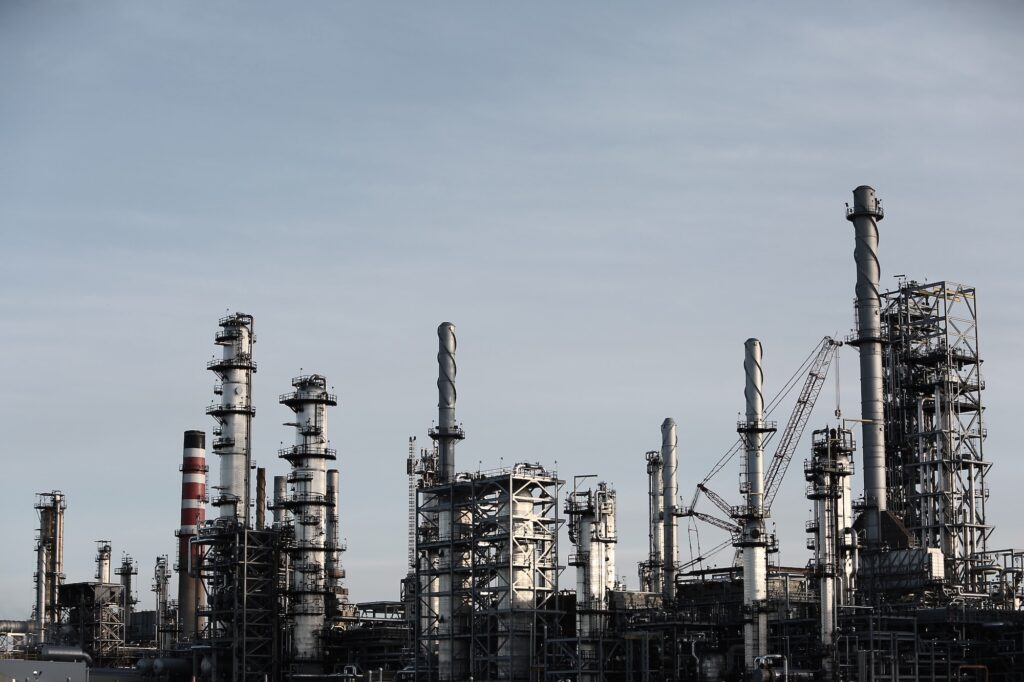When it comes to power plants or industrial settings, the generator is invaluable. Because most plants utilize or harness electricity to perform their day-to-day operations, a generator that provides the power is a necessary component of their infrastructure.
With all the recent talk about the importance of energy efficiency and just how valuable our electrical sources are, generators have become a popular topic of choice for more than just plant operators and managers. The use of these power-producing instruments is gaining the attention of the general public.
If you work in the manufacturing or industrial sector, however, you are familiar with how necessary the generator is to day-to-day performance, but do you know what maintenance you can implement to ensure the longest-running generator possible?
Do you need generator maintenance in the El Paso area? The Remsa USA team is trained to keep generators running.
Generator Maintenance Tips to Keep Things Running Longer
If you run a generator at a plant or manufacturing center, you want to keep your equipment in top shape as much as possible. When the electrical grid fails, a generator kicks in to provide necessary backup power. So first, let’s explore some common problems with generators.
- A generator has trouble starting
- The power output of the generator is inconsistent or unreliable
- The generator is producing abnormal noises or smells
- The generator has sat idle for a long period
- Leaks
Of course, there are several types of industrial or commercial generators, and the type of maintenance and repairs required depends on the kind of generator you are dealing with. Common types of generators found in industrial or commercial facilities include:
- Diesel generators
- Natural gas generators
- Petroleum generated
- Portable industrial generators
- Marine generators
- Heavy fuel oil generators
Generator Maintenance to Prevent Common Mishaps
Like any mechanical component, however, a generator requires active maintenance to ensure things are working and running smoothly. After all, they are the necessary backup power that often saves the day.
This means that when called upon, a generator must work instantly and without mishaps. Otherwise, it failed its purpose.
Here’s why maintenance is key to all generators’ timely function:
#1) It catches problems early
This can’t be stressed enough. With general wear and tear and continual use, a generator might develop issues that can cause it to fail. Preventative maintenance allows the technician to identify potential problems before they completely prevent the proper function. These types of problems can include leaks (Oil, fuel, or coolant), non-functioning controls or block heaters, a perpetually running generator, etc.
#2) Makes sure things work properly
In order to prevent common issues, a maintenance tech will look at problem areas to ensure there is no problem. An experienced tech will know to check the fluid and oil levels, and the status of oil filters. They will also inspect the belts, hoses, connectors, lines, and other accessories and components. A skilled tech will also test the control panel and the engine as well as the exhaust system.
#3) Prevents the carbon monoxide generation
If a generator is not working properly, it is possible that it begins to produce carbon monoxide. If inhaled, carbon monoxide is fatal. This is a big risk for facility managers or plant operators. It’s why it’s essential that the generator is working and positioned so that the poisonous fumes are being released outdoors and not into an enclosed space where they might pose a threat to people.
#4) Keeps your generator’s efficiency
There are many factors that can affect your generator’s efficiency. Among these are critters such as rats or mice that make the generator housing its home. Part of maintenance is ensuring this isn’t happening while clearing the housing and mechanical components of dirt and debris that can be harmful to its operation.
#5) It saves you money
Every piece of equipment serves a specific purpose in your operations. The generator has an intended purpose and ensuring that it can accomplish its intended purpose is part of securing your investment. If a generator fails to work when it is called upon, it can cost you money, operational costs, and even lawsuits.
#6) Increases the generator lifespan
Just like your HVAC system at home, your heater, or your vehicle, regular maintenance is one way to save time and money by ensuring that the equipment works as long as possible. Keeping the maintenance schedule means that failing parts can be replaced early and any detected problems are fixed before they compromise other of the equipment components.
#7) Stops complications or delays in operations
When your generator fails, your entire workflow gets disrupted. Whether you are working in a manufacturing plant or other industrial facility, the function of your generator is essential to avoiding disruptions, complications, and even dangerous situations.
Get Generator Maintenance with a Professional Company in El Paso
Generators operate under a simple concept, but their mechanism and components are anything but simple. They require trained and specialized technicians to recognize potential problem areas.
Want to learn more about industrial generator maintenance and how to schedule it? Call Remsa USA.
